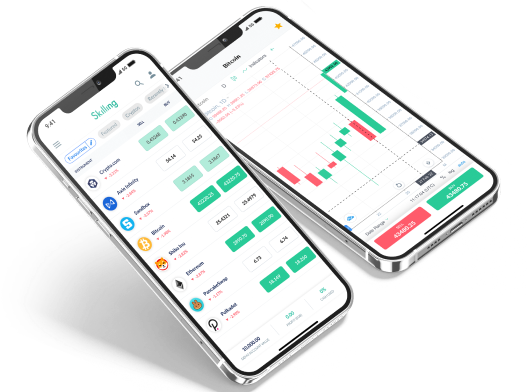Fair value is a fundamental concept in finance and accounting that provides a benchmark for assessing the worth of assets and liabilities. Investors, analysts, and companies must understand and use fair value to make informed decisions and present accurate financial statements.
This article will delve into what fair value is, how it is calculated, and the difference between fair value and market value.
What is fair value and what is it used for?
Fair value is defined as the estimated price at which an asset or liability could be exchanged between knowledgeable, willing parties in an arm's length transaction. This concept is widely used in financial reporting, investment analysis, and portfolio management. It ensures that the value of assets and liabilities on financial statements reflects their true economic worth.
Fair value is used for various purposes, including:
- Financial reporting: Companies use fair value to present a true and fair view of their financial position in their financial statements.
- Investment analysis: Investors and analysts use fair value to assess whether an asset is under or overvalued.
- Merger and acquisition: Fair value helps in determining the worth of a company or its assets during mergers and acquisitions.
- Portfolio management: Fund managers use fair value to make decisions about buying, holding, or selling assets.
Practice with a Demo Account
Try our demo account and experience real market conditions.
71% of retail CFD accounts lose money.

How is the fair value calculated?
The calculation of fair value involves several methods, depending on the nature of the asset or liability. Here are the common approaches:
- Market approach: This method uses prices and other relevant information generated by market transactions involving identical or comparable assets or liabilities. For example, the fair value of a stock can be determined based on its current market price.
- Income approach: This method converts future amounts (cash flows or earnings to a single current (discounted) amount. The fair value of an asset or liability is calculated by estimating the present value of expected future cash flows. This approach is often used for assets that generate income over time, such as bonds or rental properties.
- Cost approach: This method reflects the amount that would be required currently to replace the service capacity of an asset (often referred to as the current replacement cost). This approach is commonly used for tangible assets like machinery and buildings.
For instance, understanding how the gold price is determined can help in assessing its fair value by comparing it with current market prices and considering future price trends. However, past performance is not indicative of future results and involves a high degree of risk, it is possible to lose the entire investment.
Difference between fair value and market value
While fair value and market value are often used interchangeably, they have distinct meanings and applications. Here is a comparison:
| Feature | Fair value | Market value |
|---|---|---|
| Definition | Estimated price between knowledgeable, willing parties. | The current price at which an asset is bought/sold in the market. |
| Basis | Based on various valuation methods. | Determined solely by supply and demand. |
| Use case | Financial reporting, investment analysis. | Buying and selling decisions. |
| Stability | More stable and less volatile. | Can be highly volatile. |
| Influence of market conditions | Less influenced by short-term market fluctuations. | Directly influenced by market conditions. |
Fair value is a more comprehensive measure, considering various factors and valuation methods, while market value reflects the current price determined by market conditions.
Experience Skilling's award-winning platform
Try out any of Skilling’s trading platforms on the device of your choice across web, android or iOS.
71% of retail CFD accounts lose money.

Summary
Fair value is a critical concept in finance and accounting, providing a benchmark for assessing the true economic worth of assets and liabilities. It is used in financial reporting, investment analysis, mergers and acquisitions, and portfolio management.
Understanding the difference between fair value and market value is essential for making informed financial decisions. By leveraging fair value, investors and companies can ensure accurate financial assessments and strategic planning.
FAQs
1. What is fair value?
Fair value is the estimated price at which an asset or liability could be exchanged between knowledgeable, willing parties in an arm's length transaction.
2. How is the fair value calculated?
Fair value can be calculated using the market approach, income approach, or cost approach, depending on the nature of the asset or liability.
3. What is the difference between fair value and market value?
Fair value is an estimated price based on various valuation methods, while market value is the current price determined by supply and demand in the market.
4. Why is fair value important?
Fair value is important for providing accurate financial reporting, investment analysis, and decision-making in mergers and acquisitions and portfolio management.
5. How does fair value affect financial statements?
Fair value ensures that the value of assets and liabilities on financial statements reflects their true economic worth, providing a fair view of a company’s financial position.
By understanding and applying fair value, businesses, and investors can make better-informed decisions and present a true and fair view of their financial health.











